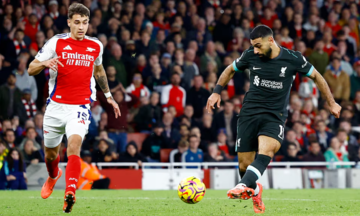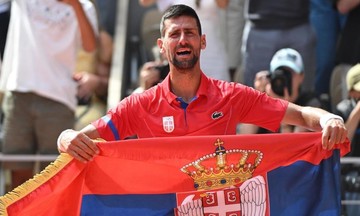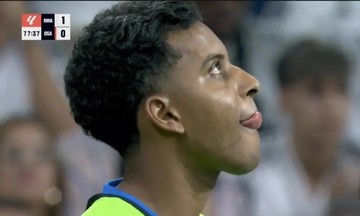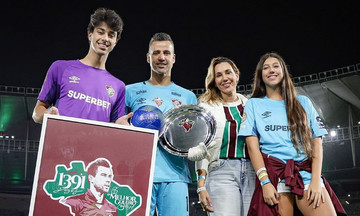 |
The deaths of Shigetoshi Kotari (right) and Hiromasa Urakawa shocked the Japanese boxing world. Photo: Boxing Daily |
The deaths of Shigetoshi Kotari (right) and Hiromasa Urakawa shocked the Japanese boxing world. Photo: Boxing Daily
The boxing world was recently shaken by the deaths of two Japanese boxers who underwent emergency brain surgery after competing in the same event at Tokyo's Korakuen Hall on 2/8. While the exact cause of death remains undetermined, experts are concerned about the impact of rapid weight loss, a common practice known as "weight cutting." This practice is believed to make the brain more susceptible to injury and bleeding.
This tragedy follows the death of Lao Muay Thai fighter Singfangkhong Petchtawan, who passed away while training and cutting weight for a bout in Thai Fight, a premier Muay Thai competition in Thailand.
Weight cutting is the rapid reduction of weight before a fight to meet specific weight class requirements. It's not a typical diet but involves extreme measures like restricting water intake, severe dietary restrictions, sauna use, wearing heat-retaining clothing, and sometimes even diuretics.
The primary goal is to compete in a lower weight class than the fighter's natural weight, gaining a perceived advantage in strength and size after rehydrating.
In many combat sports like MMA, boxing, and Muay Thai, weight classes ensure fairness and reduce injury risk. Fighters must weigh in below the limit, usually the day before the fight, and then quickly regain weight for optimal performance. Weight cutting has become ingrained in these sports, but it carries significant health and performance consequences.
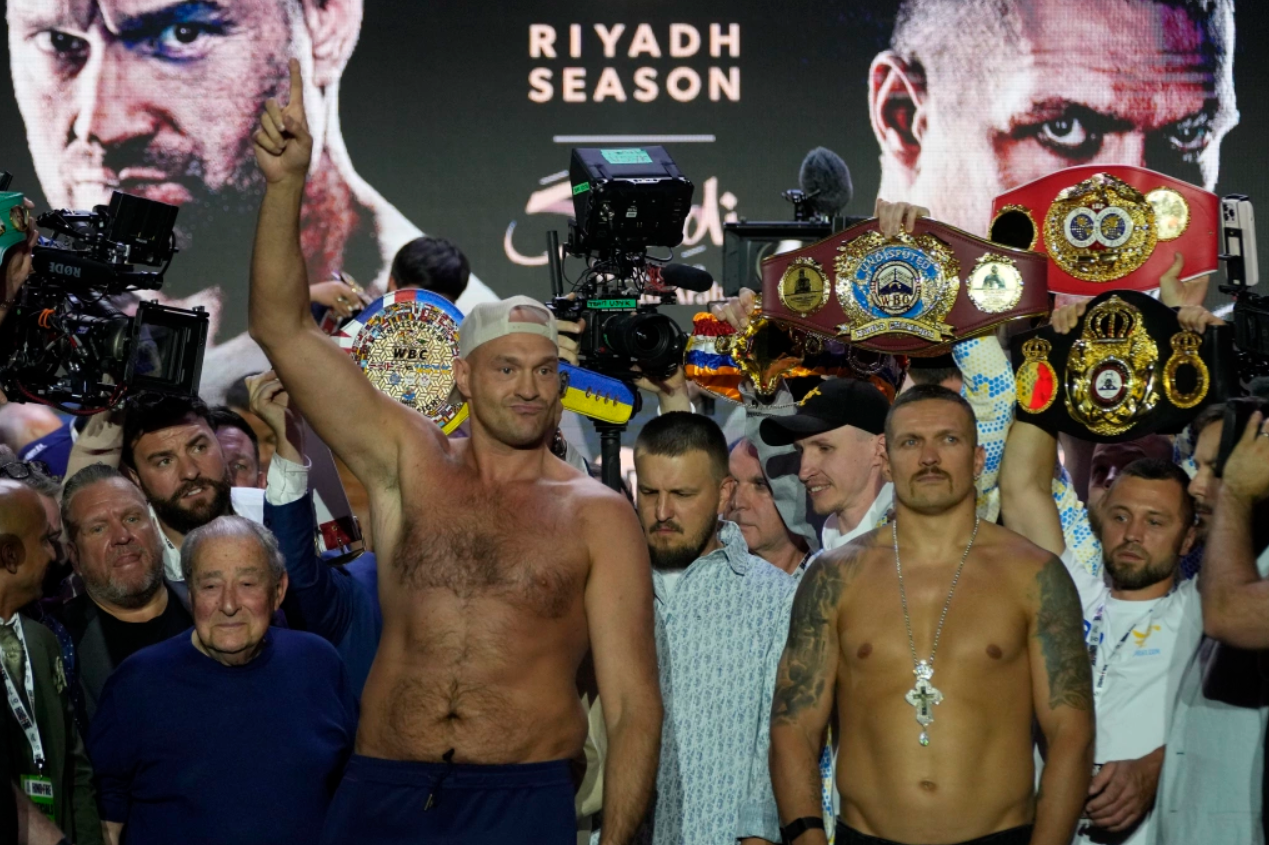 |
Tyson Fury and Oleksandr Usyk at the weigh-in before their four-belt heavyweight unification bout in Riyadh, Saudi Arabia on 17/5/2024. Photo: AP |
Tyson Fury and Oleksandr Usyk at the weigh-in before their four-belt heavyweight unification bout in Riyadh, Saudi Arabia on 17/5/2024. Photo: AP
Rapid weight cutting leads to serious physical changes. Dehydration is the most common issue, reducing blood volume, increasing heart rate, and decreasing blood flow to the kidneys and brain. This can cause dizziness, cramping, fatigue, and even fainting. Muscle and fat loss also occur, reducing strength and endurance, and hindering optimal performance.
Restricting calories, protein, and carbohydrates deprives fighters of essential nutrients, affecting recovery, increasing injury risk, and impairing cognitive function, focus, and reflexes.
Cardiovascular, kidney, and brain risks are also major concerns. Severe dehydration can strain the cardiovascular system, impair kidney function, elevate creatinine levels, and lead to serious complications requiring hospitalization. Reduced fluid around the brain due to dehydration increases the risk of concussions and other serious brain injuries.
Some fighters use diuretics to accelerate weight loss, which can cause low blood pressure, dizziness, irregular heartbeat, hyponatremia, and other medical complications.
Rapid weight loss affects not only health but also fight performance. Dehydration and energy depletion reduce muscle function, weaken endurance, slow reflexes, and increase the likelihood of cramps. Training intensity and quality suffer as high-intensity workouts become more difficult.
Hydration and nutrition after weigh-ins are crucial for muscle recovery, strength, endurance, and mental clarity. Effective rehydration strategies include sipping water, electrolytes, and rehydration solutions, combined with a diet rich in easily digestible carbohydrates and lean protein to replenish glycogen and repair muscles. Fighters should avoid high-fat or high-fiber foods to prevent stomach discomfort before a fight. Small, frequent meals help minimize bloating and fatigue.
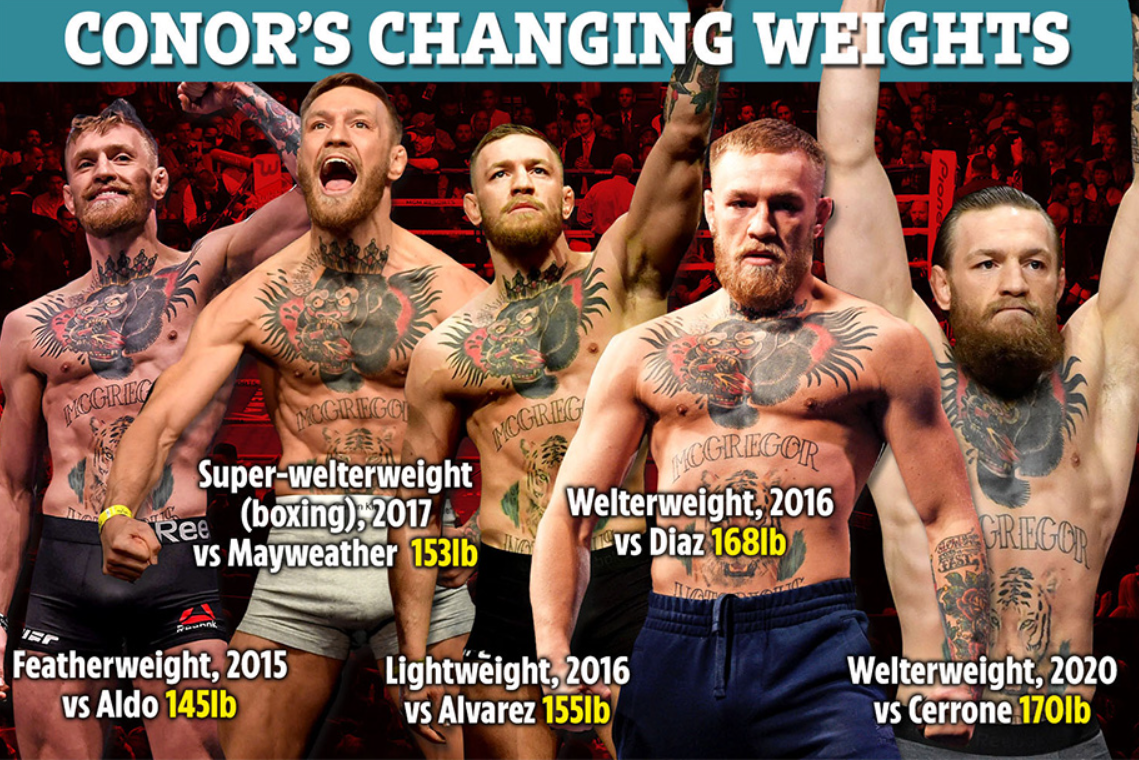 |
Conor McGregor's weight fluctuations during his UFC career from 2016-2020. Photo: The Sun |
Conor McGregor's weight fluctuations during his UFC career from 2016-2020. Photo: The Sun
Weight cutting also raises ethical questions about fighter welfare. Many fighters face pressure from coaches, promoters, or peers to cut weight for a lower weight class advantage. With compromised physical and mental health, they may hide medical conditions or falsify weigh-in results to compete.
Informed consent is critical when it comes to weight cutting, with a full understanding of the short-term and long-term risks. Medical experts emphasize education to ensure informed consent and prioritize fighter health and safety. Most athletic bodies have weight-cutting regulations, but enforcement varies. Some regions require multiple weigh-ins or hydration tests, while others rely on traditional single weigh-ins. Medical supervision, regular reporting, and random checks help mitigate the risks of dangerous weight cutting and ensure fairness.
Combat sports are exploring changes to reduce the harm from extreme weight cutting. Some proposals include increasing the number of weight classes with smaller increments between them to reduce the need for drastic weight loss. Hydration testing and same-day weigh-ins are also being tested to limit rapid rehydration. Long-term health monitoring of fighters helps mitigate kidney risks, chronic fatigue, and injuries, while promoting safer weight management strategies. Continued research and monitoring are key to reducing health risks, protecting fighters, and maintaining fairness in competition.
The California State Athletic Commission (CSAC) is known for its stringent weight-cutting regulations to protect fighter health and ensure fair competition. To mitigate the risks of rapid weight loss, the CSAC sets maximum allowable weight loss from contract signing to the official weigh-in, and regulates the maximum percentage of weight a fighter can regain after weigh-in. Exceeding this limit can result in fight cancellation.
 |
The CSAC and its message of commitment to protecting the health, safety, and welfare of athletes participating in regulated competitive sporting events, through professional service and ethical conduct. |
The CSAC's monitoring process is rigorous, implementing multi-stage weigh-ins and ongoing checks to prevent excessive weight cutting before and after rehydration. Fighters undergo health screenings and assessments before, during, and after events, including blood and urine tests, and hydration checks. The CSAC monitors the entire process from the start of a fight camp to competition day, ensuring strict adherence to health and safety regulations.
These regulations make the CSAC a model for weight-cutting management. Their measures reduce the risks of dehydration, electrolyte imbalances, kidney failure, brain trauma, and other serious complications. Controlling weight cutting ensures fighters compete at their true weight, limiting the advantage gained from extreme weight loss and subsequent rehydration.
The CSAC's standards and procedures have become a benchmark for other states and combat sports organizations, such as the UFC and major Muay Thai promotions, contributing to a safer and more professional culture in MMA and Muay Thai, where fighter health and welfare are paramount.
Hong Duy (according to Fight.tv)




